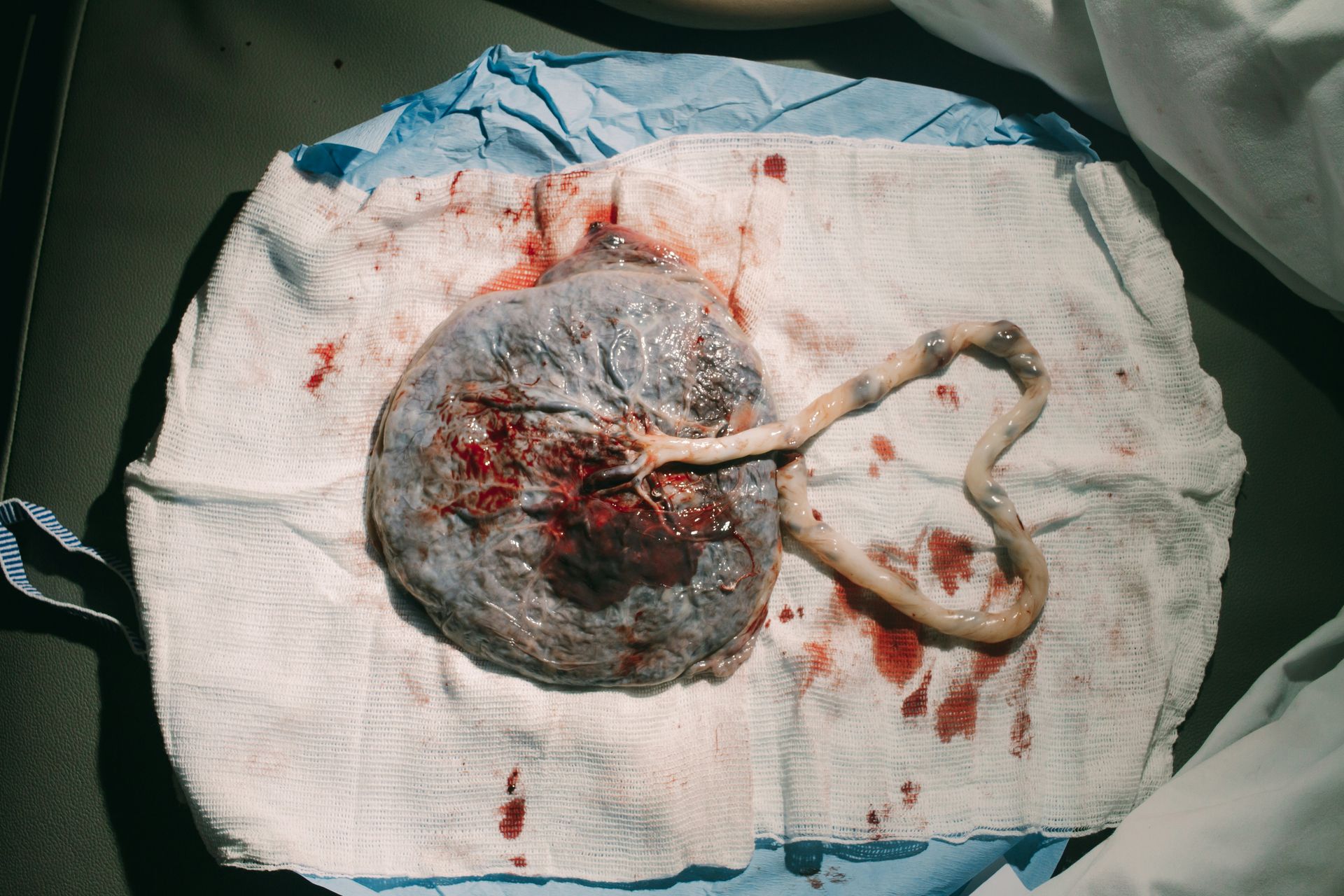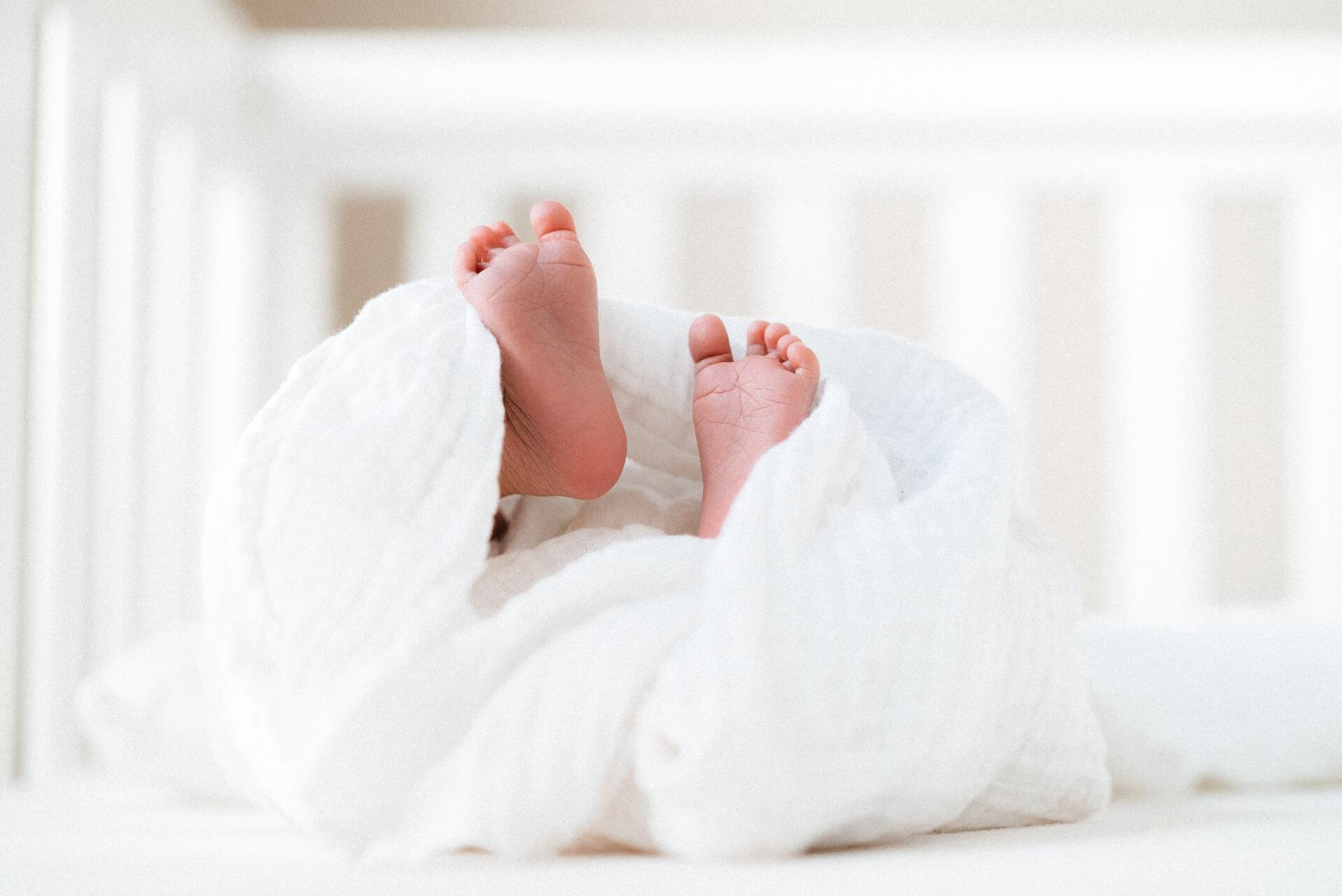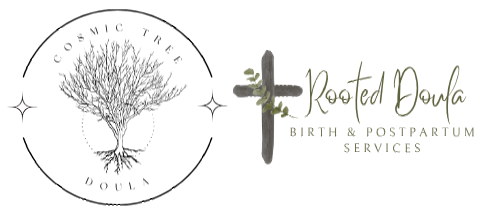Hormones in Labor
Labor involves a cascade of hormones. These hormones, when the birthing person remains calm and feels safe, can create a smooth labor process. The birth team and environment can support this by helping the birthing person feel loved, cared for. When fear creeps in, the catecholamines work in opposition to the oxytocin. The catecholamines can come from many things like unresolved fears or concerns, a strange environment, past trauma, a change in circumstance. Also of note, when labor is induced or augmented with a synthetic form of oxytocin, like Pitocin, the body may experience an increased pain sensation. Since the Pitocin was not produced by the body, it does not cross the blood brain barrier in the same way. This affects how the body responds with endorphins, which may lead to a need for increased external pain relief.
Birth is unpredictable, but the innate trust in the birthing person's abilities, the birth process and the support of the birth team can lead to incredible experiences.
Oxytocin:
The star of the show! This wonderful hormone creates the feelings of love, calm and connection. In the context of labor, it helps facilitate uterine contractions, the urge to push, and the fetal ejection reflex. Oxytocin also contributes to the “letdown” of human milk during breastfeeding. The oxytocin surge after birth helps new parents bond with their new baby. Oxytocin is able to flow more freely when the environment is safe and calm and the birthing person feels secure, confident and is able to focus. If stress or fear is introduced to the situation, oxytocin will slow and catecholamines will take over.
Endorphins:
The oxytocin flows and contributes to the increased intensity of surges. To counteract this, our body produces endorphins, which are made in the brain and adrenal glands. As pain, exertion, stress and fear increase, so do endorphins. They contribute to the feeling of “labor land” and allow you to tap into the primal brain and instinctual behavior needed for labor. The morphine-like effect they have is a form of pain relief, along with their ability to increase feelings of pleasure.
Catecholamines:
Catecholamines refer to the stress hormones or epinephrine, norepinephrine, cortisol and others, produced largely by the adrenal glands. These hormones are responsible for the fight, flight, freeze and fawn reaction we have to stressful situations. During the first stage of labor, feeling of distress or lack of safety can slow down labor or affect how the baby is tolerating labor. However, in the second stage of labor, during pushing, a surge or catecholamines is normal and helps provide the strength, effort and alertness needed to push the baby out!
Prolactin:
That urge you have to clean, organize, and prepare, or “nest”, can be attributed to prolactin. This hormone, produced by the pituitary gland, is also responsible for preparing the mammary glands during pregnancy, promoting the production of milk and plays a role in mood. Prolactin can contribute to mood elevation and calming. It is also, thought to be related to the altruistic behavior that allows the new parent to put the babies needs before their own. Its the Mama bear, protective mindset!
The Role of a Doula:
My goal, as a doula, is to help you in understanding this process and individualizing care so that you feel safe, respected, loved and cared for throughout this journey. I want to empower you to have the birth that you desire.
Let’s chat more about your birth!






